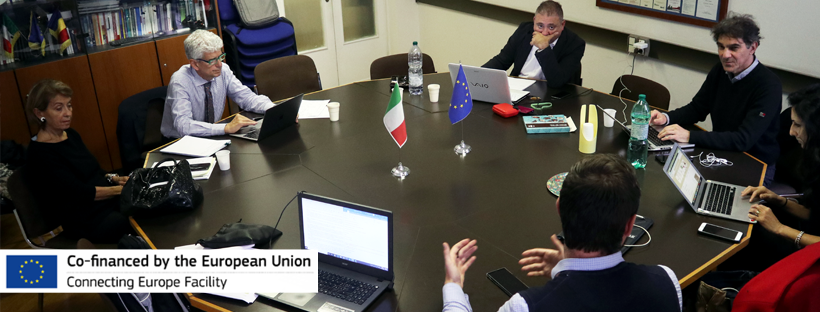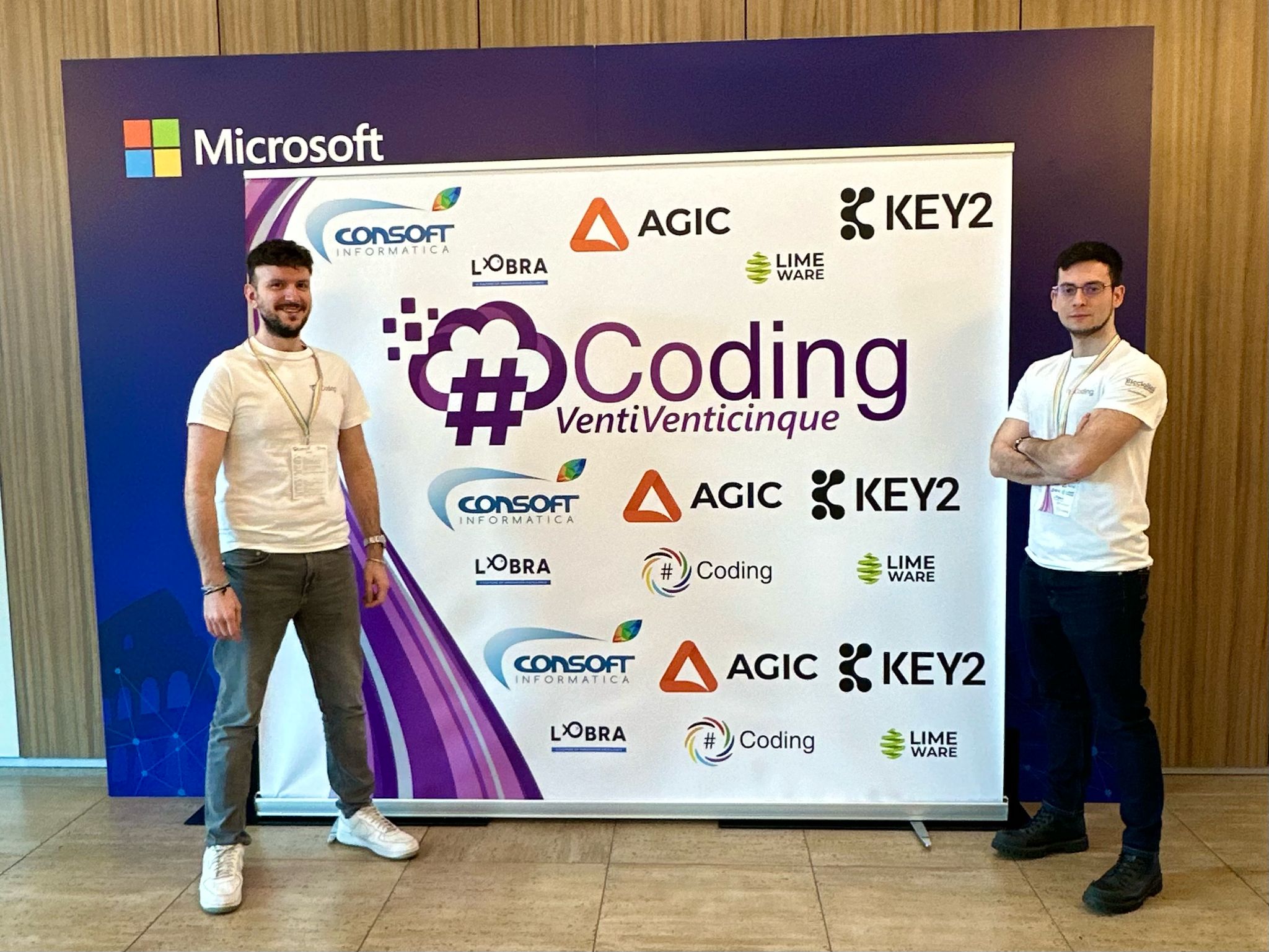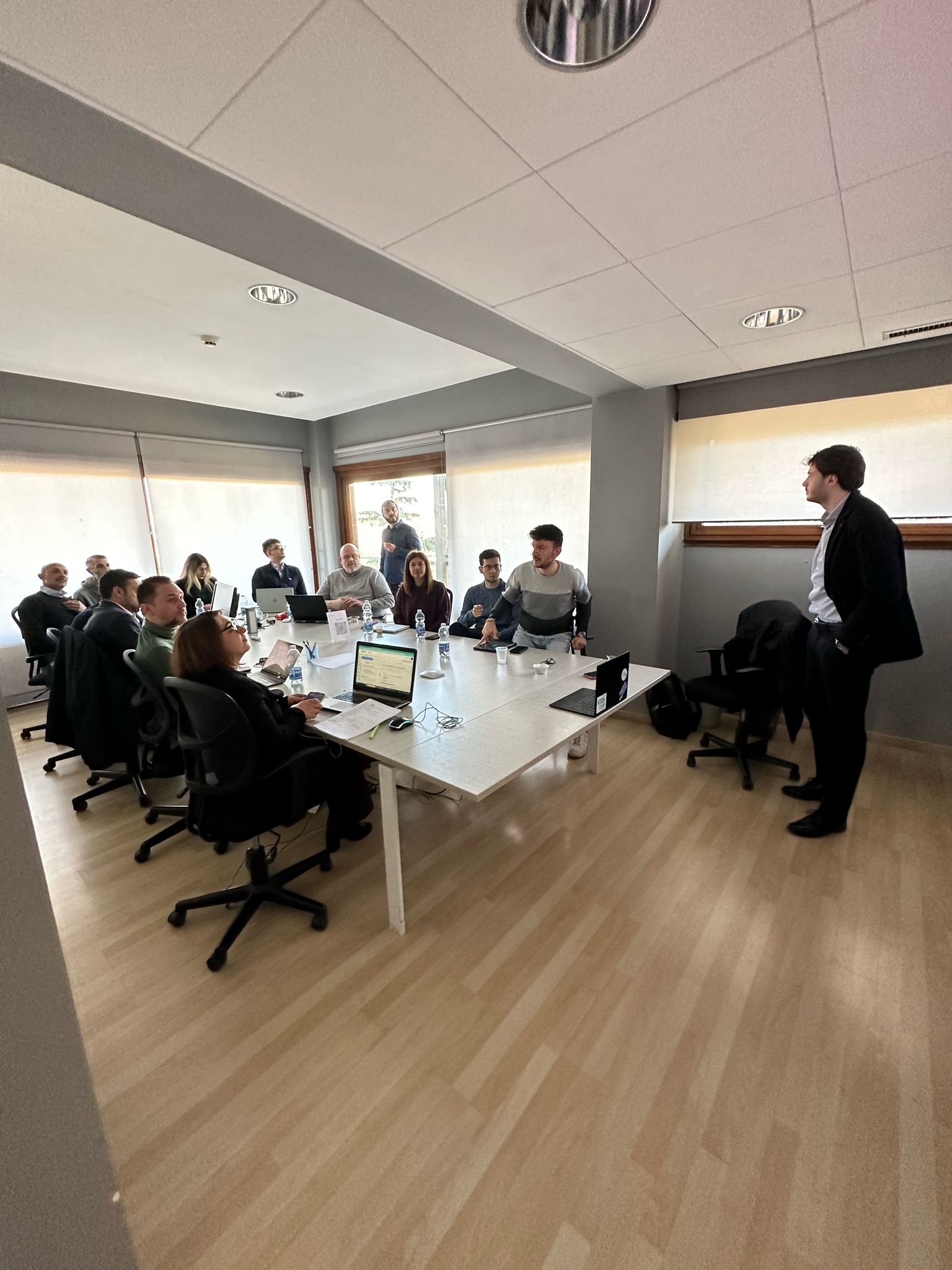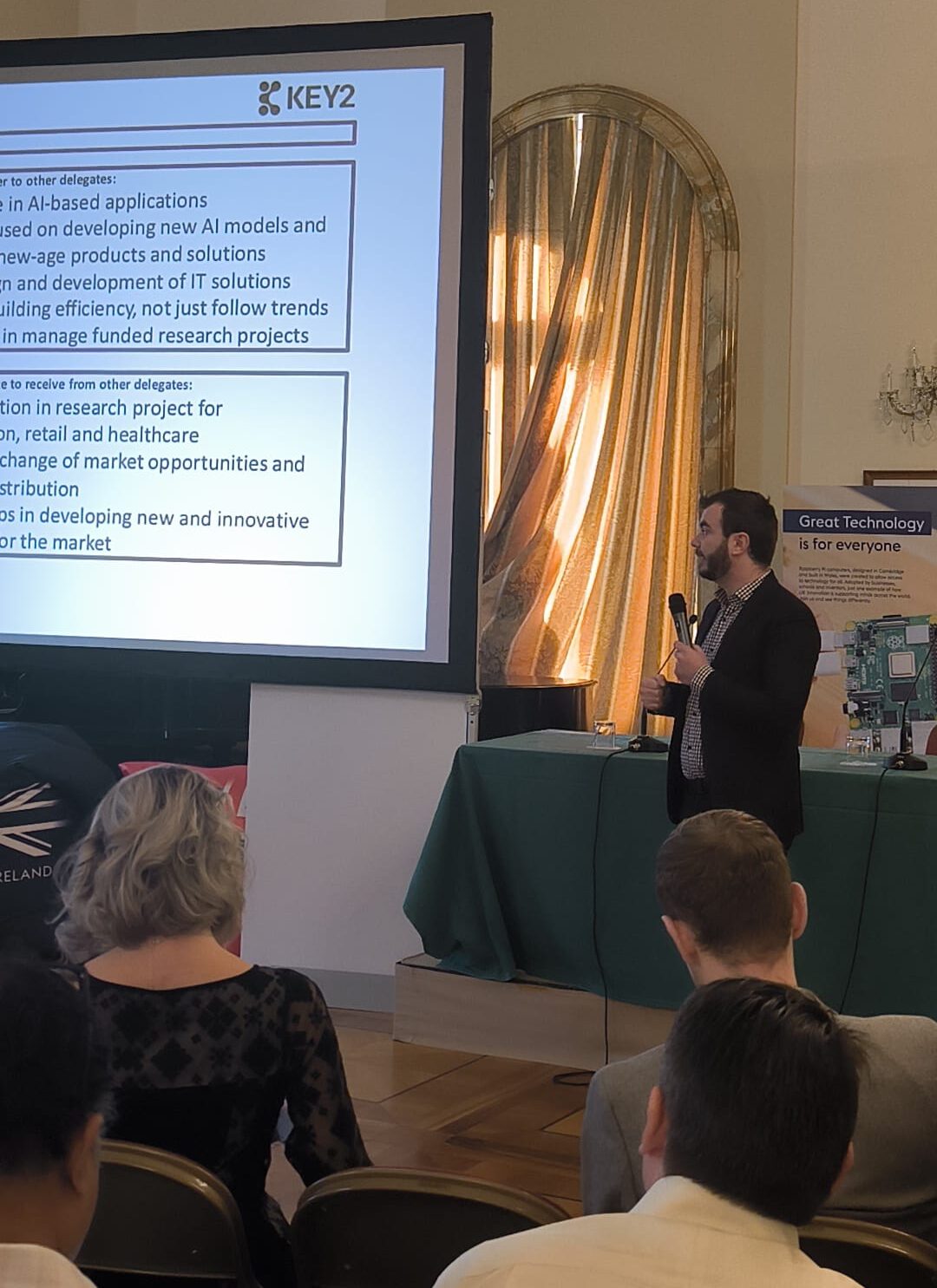The DYDAS (Dynamic Data Analytics Services) project involves the creation of a platform capable of handling large volumes of dynamic data, enabling the public sector and industry to benefit from large-scale data analysis.
Emerging technologies are opening a new information age. Information today is based on the ability to collect and process vast amounts of data, millions of times more than in the last 10 years. This revolution is taking place in terms of quantity and variety. It is happening thanks to the rapid development of IoT devices, sensors, intelligent automation systems and all new M2M data communications. In this context, the ability to handle large amounts of data is related to the need for adequate infrastructure HPC (High Performance Computing) and related implementation techniques. It is in this context that the DYDAS project was born, of which K2 is the leader, funded by the CEF TELECOM 2018.
Together with partners ENEA, Anci, ITHACA, and GMatics, are taking the first steps for the realization of the project.
WHAT IS THE CEF TELECOM 2018?
The Connecting Europe Facility (CEF) programme in the telecommunications sector is a key EU instrument. It facilitates international interaction between public http://new.key2.it/wp-content/uploads/2016/01/HR0A0652-924×616-e1453051423106.jpgistrations, businesses and citizens through the deployment of digital service infrastructures and broadband networks.
The projects supported will contribute to the creation of a European ecosystem of interoperable and interconnected digital services supporting the Digital Single Market.
In line with the objective of the CEF 2018 work programme, the DYDAS project aims to contribute to the European data infrastructure by enhancing the sharing and re-use of public and private data. This will create business opportunities that can foster the growth of existing markets and the emergence of new opportunities.
THE DYDAS (Dynamic Data Analytics Services) PROJECT
The project involves the creation of a platform capable of handling large volumes of dynamic data, enabling the public sector and industry to benefit from large-scale data analysis.
In addition, it promotes the sharing and re-use of public and private data in a secure environment and through innovative monetisation mechanisms.
This collaborative platform will act as an e-marketplace for data access, but as added value it will be equipped with HPC-enabled services based on Big Data technologies, machine learning, AI and advanced services.
The project will test the data analysis capabilities of the platform through the integration and operation of three use cases (maritime, energy and mobility).
A key and differentiating element of the project will be the implementation of a Geospatial Data architecture. Architecture that, through the adoption of a geospatial data model and interoperability rules, allow seamless integration and processing capabilities of large data sets for innovative use modes.
In line with the objective of the CEF 2018 work programme and the CEF-T-5 call, the project will contribute to the European data infrastructure by improving the sharing and re-use of public and private data. By enabling the use of dynamic data sets such as Earth observation satellite and vehicle data, promoting HPC-based R&D through an integrated research laboratory and scientific knowledge and collaboration system, offering easy-to-use HPC-based services and tools, through specialised interfaces, and designed to provide different user experiences to a wide range of users.
THE PARTNERS OF THE DYDAS PROJECT
Each player in the DYDAS project represents different sectors, which are complementary to the development and success of the whole project.
The composition of the partners reflects the different components of the project implementation:
- IT & HPC partners ENEA and K2: specialists in technology and innovation;
- The research partners Gmatics and ITHACA: use cases and data providers;
- The public sector partner ANCI Lazio: end-users.
KEY TO BUSINESS:
Key to Business is the coordinator of the DYDAS project and is responsible for the implementation of the platform and the “maritime” use case.
K2 focuses on Information Technology, digital learning and technological innovations that implement IT applications based on innovative architectures and technological platforms offering services with high performance and security value. Specific areas of activity include: smart cities, syndromic surveillance, onboard technologies and fraud retention.
ENEA:
ENEA is the Italian national agency for new technologies, energy and sustainable economic development and is strongly oriented towards the creation of technologies in cooperation with industry. ENEA has highly qualified staff, advanced laboratories, experimental and sophisticated instruments.
In the DYDAS project, ENEA is present with two specific units:
- one works in the ENEA supercomputer centre,
- the other represents international excellence in the study and forecasting of the Mediterranean Sea.
ENEA is responsible for the provision of HPC services and the “Maritime” use case.
GMATICS:
GMATICS is a start-up founded in 2017 that focuses on innovative Earth observation applications and geospatial information in various fields of application.
The main feature of the company is the use of different Artificial Intelligence techniques and the use of complex workflows to extract information from different types of data (satellites, drones, video cameras) and from different types of sensors (optical, multi-spectrum, LIDAR and radar). Specific application areas are related to image processing with deep-learning and geospatial platforms integrating raster data with vector data and alphanumeric databases.
GMATICS is responsible for the Geospatial Data Architecture and contributes to the use cases with the implementation of specific AI algorithms.
ITHACA:
ITHACA works on energy security in collaboration with the Polytechnic of Turin.
ITHACA has built a strong expertise in the acquisition, management and processing of geographical and cartographic data and has developed methodologies, analytical services, and technical tools to improve preventive warnings and impact assessment related to risk management.
The ITHACA team is composed of experts from the academic, industrial and scientific fields with in-depth experience in various fields including geomatics, such as remote sensing, photogrammetry and geographic information systems (GIS).
In the project, he is responsible for the use case “Energy” and contributes to Geospatial Architecture.
ANCI LAZIO:
ANCI Lazio is a non-profit organization acting as a public law body and is one of the regional offices of the National Association of Italian Municipalities (ANCI). It actively participates in common activities and promotes the interests and specificities of its members (378 municipalities in the Lazio Region) according to the National Regulations.
ANCI Lazio is responsible for the coordination pole in support of the sea economy for all coastal municipalities, the Lazio Port Authority and the Lazio Region, in order to holistically develop sea-related industries, create jobs, promote economic growth and respect the environment.
ANCI Lazio is responsible for the valorisation and dissemination activities, in particular towards public bodies.
For the European Union, the safe circulation of data is a necessity which today is also ours. For us, being part of this project has great value. We have always funded expertise and innovation to enable leading companies and the public sector to implement their work safely and efficiently.
USEFUL LINKS:





